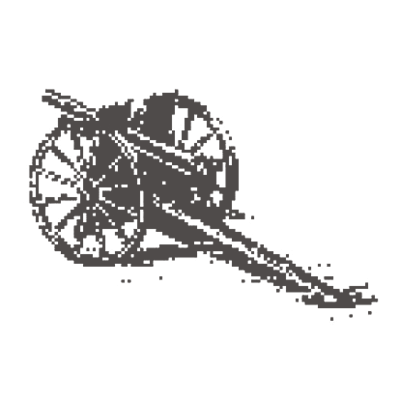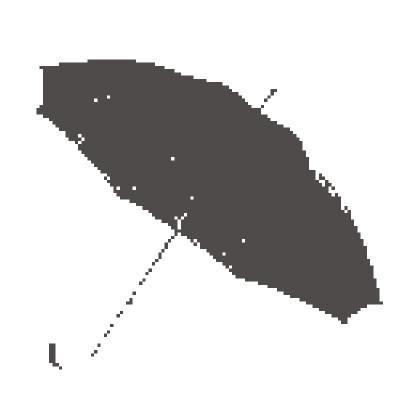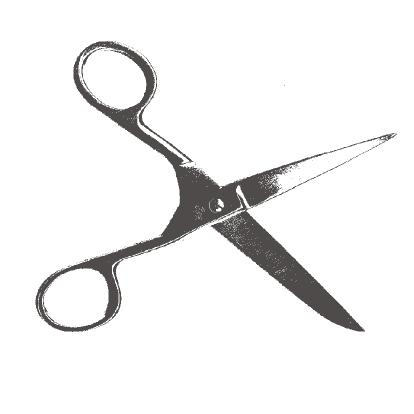Shareholder loans under the amended Bankruptcy Law
Systemic amendments to Poland’s Bankruptcy & Recovery Law enter into force on 1 January 2016.

Protection of highly distinctive trademarks
Conceptual similarity between trademarks may be sufficient to find a risk of confusion even when there is little visual similarity between the marks, if the earlier mark has become highly distinctive through its use.

Changes in inheritance law
New rules on heirs’ liability for decedents’ debts are the most significant changes in the set of amendments to the Civil Code and the Civil Procedure Code, among other acts, effective 18 October 2015.

End of the Safe Harbour programme: What next?
The Court of Justice has issued a judgment invalidating the European Commission’s Safe Harbour decision. This means that participation in the Safe Harbour programme by US entities is no longer grounds for European companies to transfer personal data of EEA citizens to the United States.

Is it OK to shoot down a drone?
Protection of possession of real estate against drones as a form of necessary defence is permissible only under exceptional circumstances.

What does the Arctic Sunrise award mean for the environment?
In August an arbitration award was issued in the case of the ship Arctic Sunrise, involving protests by ecologists on the Pechora Sea defending the Arctic environment. The ship was seized and 30 protesters were arrested by Russian authorities.

Consideration of customer complaints by financial institutions
Financial services are not always performed as they should be, and procedures for considering customer complaints have not always been effective. Consequently, in May 2015 the Polish Financial Supervision Authority adopted a resolution on consideration of customer complaints, and in August the Sejm adopted the Act on Consideration of Complaints by Financial Market Entities and on the Financial Ombudsman. The act has just entered into force.

Bitcoin and money-laundering regulations
Controversies surrounding application of money-laundering regulations generate legal uncertainty for businesses operating in the field of digital currencies.

Change in use of a structure
Change in use of a structure or part of a structure is an issue of great practical importance. The wording of Construction Law Art. 71(1)(2) can raise doubts, but rulings by the administrative courts help to understand it.

Drones and data protection
The increasing commercial use of drones raises legal aspects of the operation of unmanned aerial vehicles. In this article we focus on one of the most hotly debated legal issues related to drones: the use of drones in light of regulations on protection of personal data.

When the meaning and pronunciation of words in a trademark are relevant
In evaluating the likelihood of confusion when conflicting names in a foreign language look similar, the meaning and pronunciation of the words in that language should be considered.

Who is affected by the reduction of interchange fees?
Several regulations setting maximum levels for interchange fees have entered the legal system recently. It is already clear that these regulations are having a major impact on the market, causing some enterprises to revise their business model. An interesting issue from the point of view of the law of new technologies is whether these regulations are technologically neutral, or apply only to a selected group of payment instruments.
